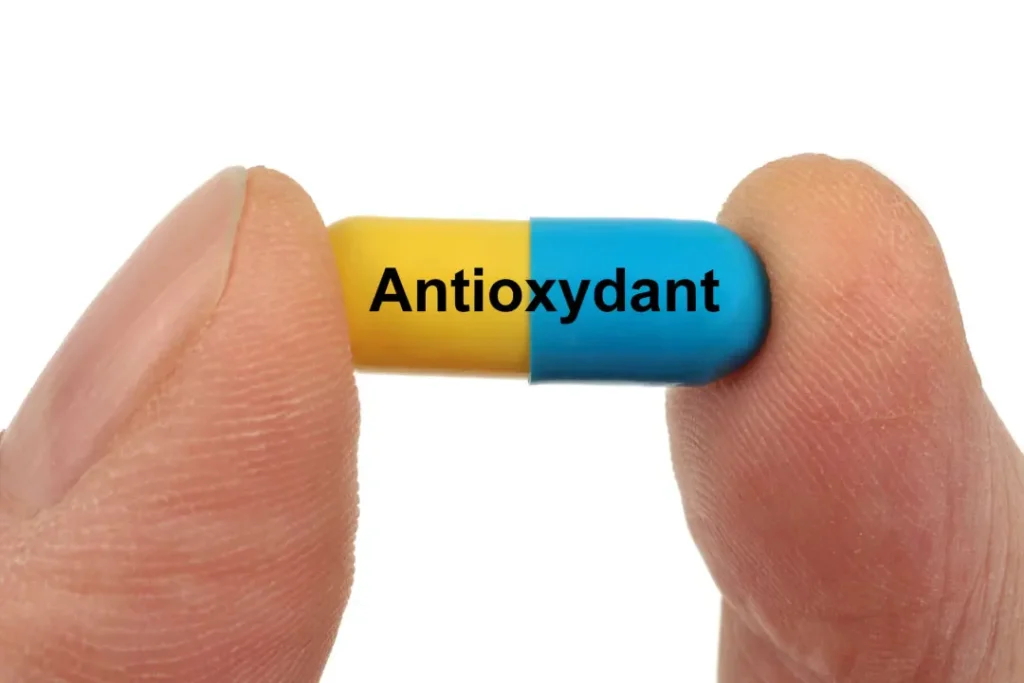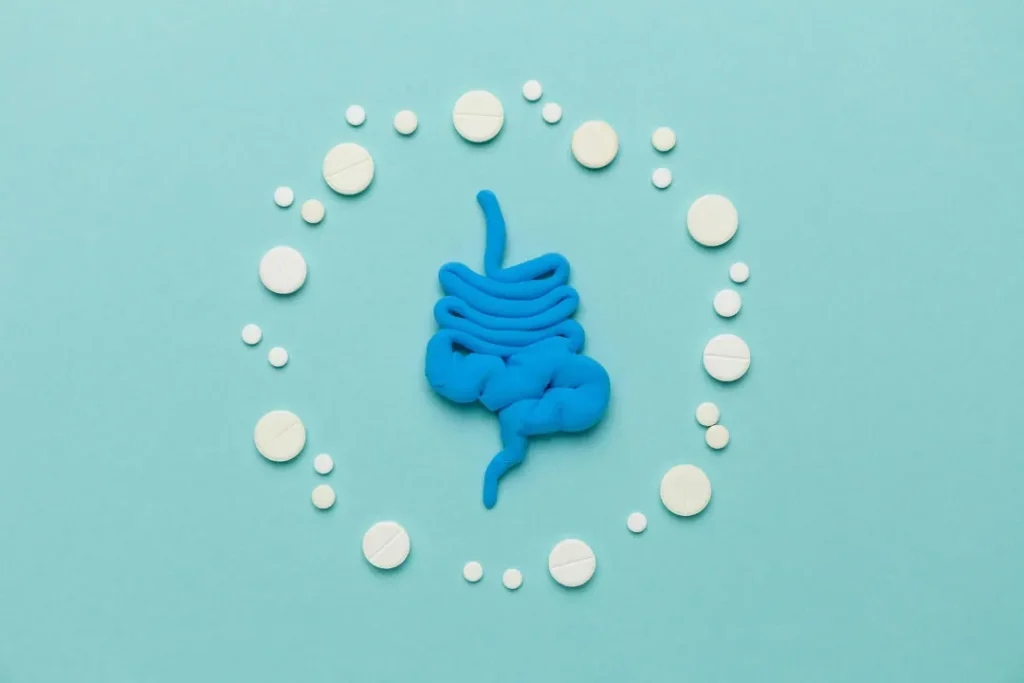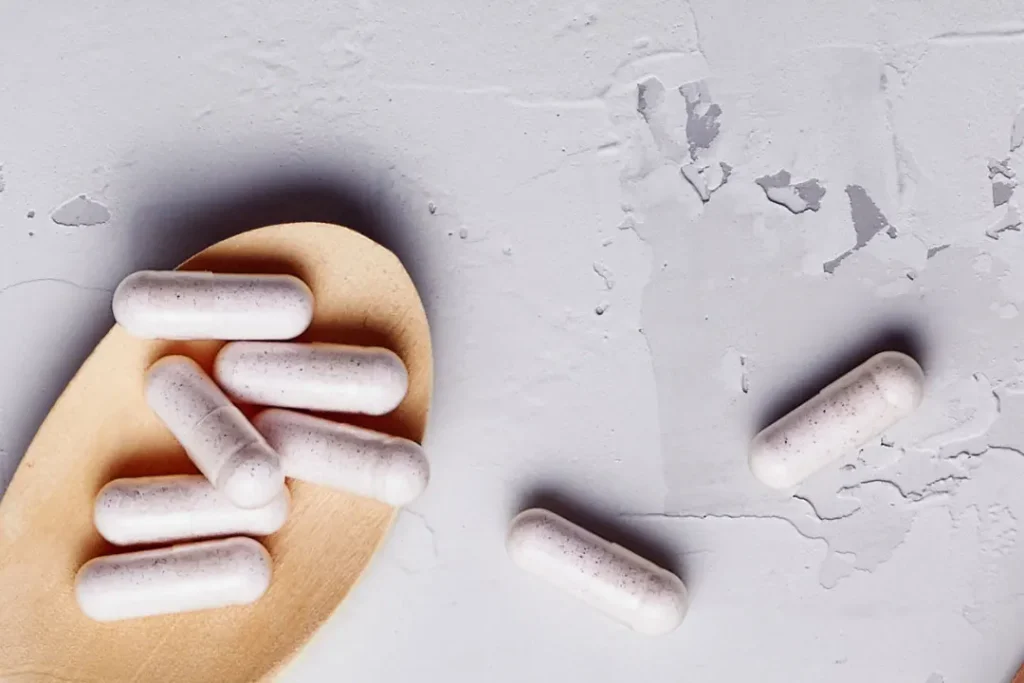A supplement called “artichoke leaf” is made from the artichoke plant’s leaves. The potential of artichoke leaf as a nootropic supplement to improve learning, memory, and cognition has been investigated. The nature, health advantages, recommended dosage, negative effects, possible drug interactions, and the most responsible way to use this nootropic supplement are all covered in-depth in this article. We’ll also look into the chemistry of artichoke leaves and how they affect the body and brain physiologically.
You May Also Like:
Brain Pill Reviews: Leading Edge Health vs. MyPEAK Supplements
9 Super Cognitive Supplements To Make You Smarter And Sharper
Nature of Artichoke Leaf
A supplement called “artichoke leaf” is made from the artichoke plant’s leaves. Antioxidants, fiber, and other healthy substances are abundant in artichoke plants. With its high concentration of substances including cynarin, luteolin, and chlorogenic acid, artichoke leaves are frequently employed as a supplement.

Health Benefits of Artichoke Leaf
The possible health advantages of artichoke leaf have been investigated. It possesses anti-inflammatory and antioxidant qualities that can aid in preventing cell damage brought on by free radicals. Free radicals are unsteady molecules that can harm cells, speed up aging, and fuel the growth of illnesses including cancer, Alzheimer’s, and heart disease.
According to research, artichoke leaves may enhance liver and digestive health. Also, it might enhance heart health and lower cholesterol levels. The potential benefits of artichoke leaf as a nootropic supplement have also been investigated. It has been demonstrated that by increasing blood flow to the brain and encouraging the creation of new brain cells, it can improve memory, learning, and cognition.

Chemistry of Artichoke Leaf
The benefits of artichoke leaves for health have been researched. As mentioned, it has anti-inflammatory and antioxidant properties that can help shield cells from the harm caused by free radicals. These properties neutralize the free radicals by reacting with those unstable molecules. Artichoke leaves may benefit liver and intestinal function. Moreover, it might improve cardiovascular health and decrease cholesterol. Artichoke leaves also have nootropic properties by enhancing the growth of new brain cells.

Physiological Mechanism of Artichoke Leaf
It has been demonstrated that artichoke leaves have a variety of physiological impacts on the body and brain. Increasing bile production is one of its main methods of action, which can enhance liver and digestive health. After the bile production has been raised, it will subsequently raise its secretion into the digestive tract, improving the digestive ability.
As stated, the artichoke leaf has cognitive-enhancing properties, which means it can improve mental clarity and cognition. Artichoke leaf increases blood flow to the brain and encourages the development of new brain cells. It also has two substances, luteolin and cynarin which are said to improve memory and cognitive performance.
Artichoke leaf has been demonstrated to have anti-inflammatory and antioxidant benefits throughout the body besides its effects on cognition and digestion. It can lessen cardiovascular system inflammation, enhancing heart health and lowering the risk of heart disease. Moreover, artichoke leaves help lessen oxidative stress, which lowers the risk of developing chronic illnesses.
Optimal Dosage of Artichoke Leaf
The ideal artichoke leaf dosage for nootropic effects has not yet been determined. Nonetheless, research indicates that daily doses of artichoke leaf between 600 and 1200 mg might be useful. The quality and purity of artichoke leaf supplements might vary, and it is crucial to remember that the FDA does not monitor them. Thus, choose a high-quality supplement from a reputed provider as a result.

Side Effects of Artichoke Leaf
When used in meals, artichoke leaf is generally regarded as safe. However, when consuming supplements containing artichoke leaves, certain people may result in negative side effects like gas, bloating, and upset stomach. It may also result in allergic reactions.
Potential Substance Interactions with Artichoke Leaf
The artichoke leaf is typically viewed as harmless when consumed with food. However, the supplement’s active ingredients may interact with other drugs or supplements you may be taking, so it’s vital to be aware of this possibility. Before using any new supplement, it is advised to speak with a medical practitioner to make sure there aren’t any potential interactions.
Best Responsible Use of Artichoke Leaf
The best way to consume artichoke leaf responsibly is to get a premium supplement from a reliable supplier. One of the best sources of artichoke leaf on the market is myPEAK PeakBiotic, a formulation that is synergistic and extremely bioavailable. It includes artichoke leaf in addition to other advantageous elements like probiotics and prebiotics that can promote gut health and general well-being. It is crucial to use artichoke leaf supplements as directed by the manufacturer, and if you have any questions or concerns, it is recommended that you consult a healthcare professional.
Artichoke leaf:
Conclusion
Artichoke leaf as the name suggests, is a supplement that is made from the leaves of the artichoke plants. This leaf is known to have anti-inflammatory and antioxidant qualities that can protect the cells from oxidative damage. Some studies have shown that taking this leaf improves liver function by cleansing the liver. Another benefit of the artichoke leaf is that it may have some nootropic effects on the brain that can improve cognitive ability. MyPEAK PeakBiotic by MyPEAK Supplements is a type of supplement that contains artichoke leaf and it is prepared in a way that is both synergistic and bioavailable. It is pivotal for you to listen to your healthcare providers to prevent overdosing or using the wrong combination.
Important Note: The information contained in this article is for general informational purposes only, and should not be construed as health or medical advice, nor is it intended to diagnose, prevent, treat, or cure any disease or health condition. Before embarking on any diet, fitness regimen, or program of nutritional supplementation, it is advisable to consult your healthcare professional in order to determine its safety and probable efficacy in terms of your individual state of health.
Regarding Nutritional Supplements Or Other Non-Prescription Health Products: If any nutritional supplements or other non-prescription health products are mentioned in the foregoing article, any claims or statements made about them have not been evaluated by the U.S. Food and Drug Administration, and such nutritional supplements or other health products are not intended to diagnose, treat, cure, or prevent any disease.


